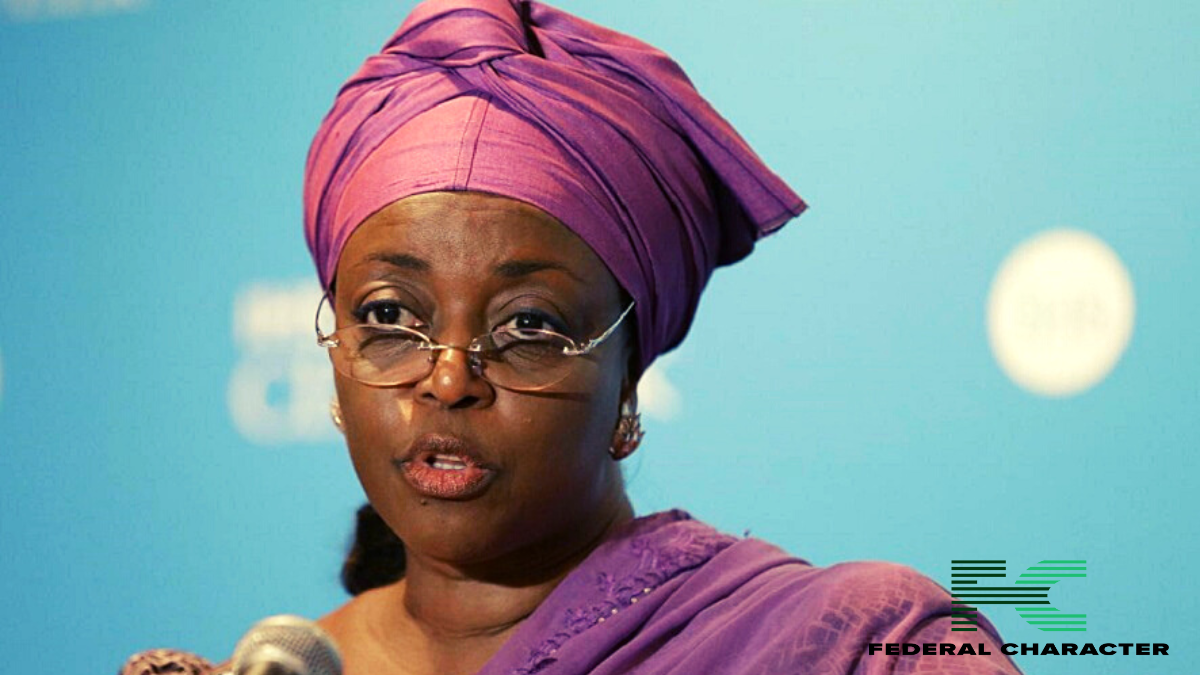The cost of servicing Nigeria’s external debt surged by 107.7% to N3.8 trillion between January and August. This is much higher than the N1.83 trillion that was planned for in the 2024 federal budget. This was disclosed in the 2025-2027 Medium Term Expenditure Framework and Fiscal Strategy Paper (MTEF & FSP), which was recently published by the Budget Office.
The report shows that the actual cost of servicing foreign debt was N1.97 trillion more than expected, putting extra pressure on Nigeria’s public finances.
As foreign debt payments saw a significant rise, domestic debt payments remained fairly steady, only 2% higher than expected. The budget set aside N3.53 trillion for domestic debt payments, but the actual amount spent was N3.6 trillion, a difference of N71 billion.

In total, N7.41 trillion was planned for all debt payments—domestic and foreign debts, sinking funds, and interest on bonds linked to Ways and Means. By August, N5.51 trillion had been spent, which is 34.4% of the total budgeted amount.
The report indicates that the Federal Government retained revenue of N12.74 trillion by August 2024, which is 73.8% of the targeted N17.25 trillion for the year. This was mostly because of robust performance from non-oil revenue streams, which brought in N3.81 trillion, 160.1% more than expected.
The government collected a lot more from Corporate Income Tax (CIT) and Value Added Tax (VAT). CIT revenue totalled N1.71 trillion, which is 74.5% more than planned, and VAT earned N530.41 billion, 55.1% more than expected. Customs also did well, collecting N969.89 billion, which is 95% of the target.
Independent streams contributed significantly N2.3 trillion, and other income added N4.83 trillion to the government’s funds.Despite the gains in non-oil revenue, the report underscores the underperformance of oil revenues.
After statutory deductions, including the 13% derivation for oil-producing states, the net oil and gas revenue for the federation was N8.5 trillion. This is N2.86 trillion, or 25.3%, below target.
The shortfall in oil revenues is attributed to persistent challenges, like limits on production and changes in global oil prices, which keep affecting Nigeria’s oil sector.

















